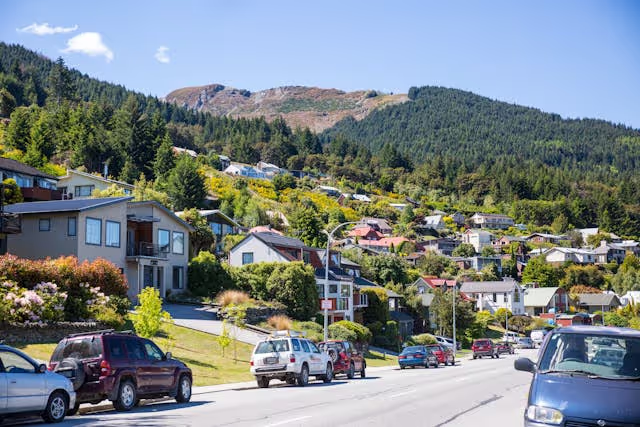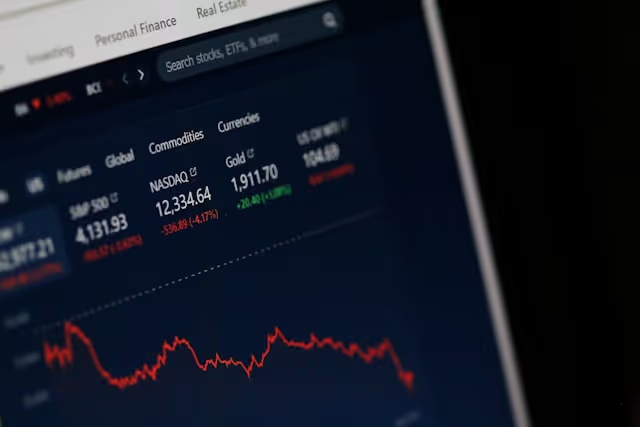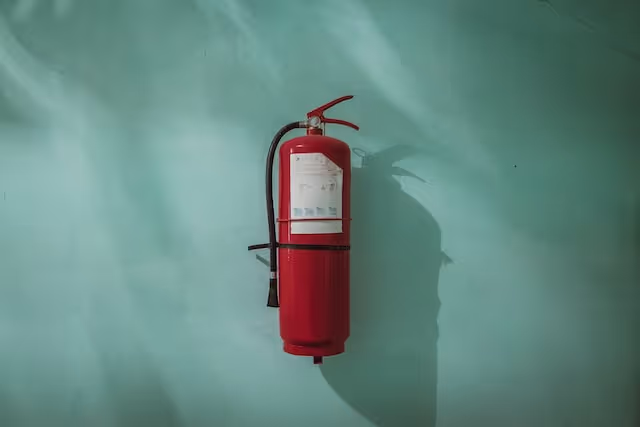
Blog
Is the Kiwi Dream Changing for Home Buyers?
Step aside “boat, beamer, bach”, the traditional Kiwi dream might have changed for good
We all love a good cliché. And in New Zealand, it doesn’t get much more classic than the old trifecta: the Beamer, the boat, and the bach. It’s long been a sort of unofficial national scoreboard for financial success.
- Buy a house? Tick.
- Get a nicer car? “Beamer” aka BMW. Tick.
- Snap up a spot near the beach or lake and slap a BBQ on the deck? “Bach”. Big tick.
That’s it, right? Financial success complete. Champagne for everyone.
But here’s the kicker: the traditional Kiwi dream might be shifting. Not in a dramatic, mid-life-crisis-on-a-motorbike kind of way, but in a slow, quiet evolution that’s being driven by economics, demographics, lifestyle shifts, and housing prices.
Let’s unpack what’s really going on.
Once Upon a Time in Bachland
In the golden post-war decades as roads improved and car ownership became common, the Kiwi dream stretched out to include a simple, hand-built holiday home. The bach (or “crib” for the Southerners) wasn’t just a home away from home, it was a symbol.
Built with plywood, elbow grease, and a bit of Number 8 wire, these homes offered a slice of relaxation. The same beach. The same neighbours. The same deck chair.
Every. Single. Year.
And people loved it.
By the 1990s and early 2000s, that dream had started to evolve. The modest shack of a bach became a designer home on the coast. No longer built by dad and an uncle, it was professionally architected, engineered, and often mortgaged. A “lifestyle investment” with polished concrete floors, engineered stone benchtops, and Wi-Fi.
The Kiwi dream had received a glow-up. But along with it came a price tag that now feels almost surreal.
When Dreams Outgrow Reality
The thing about dreams? They don’t always scale well. Especially when the housing market throws a wrench in the works.
Let’s put this into perspective: the median house price in many classic holiday towns like Wanaka, Mount Maunganui, or Raglan is now well over $1 million. According to CoreLogic and REINZ, holiday hotspots have seen exponential growth in the last 20 years, far outpacing wage growth or inflation.
A bach, once a humble weekend shack, now competes in price with full-time family homes. Boats? Well, depending on how large or luxurious, you're looking at a six-figure investment plus ongoing maintenance, insurance, and mooring. The Beamer? Even a mid-range luxury vehicle might be pricey.
Meanwhile, inflation is nibbling away at everyone’s purchasing power.
So, what are New Zealanders doing instead?
Welcome to the New Kiwi Dream
1. Redefining What “Making It” Looks Like
The new generation of Kiwis aren’t necessarily lazy or unambitious, they’re considered. They’re more likely to say, “Why anchor hundreds of thousands into a bach we use three times a year, when we could invest in global markets, build a flexible lifestyle, and travel the world?”
And they’ve got a point.
The modern Kiwi dream is often shaped by flexibility and autonomy. That might mean:
- Living in townhouses or apartments close to work and culture.
- Choosing experiences like overseas travel over physical assets.
- Embracing remote work in assorted locations, without needing a bach to justify it. Of course, this will only be in roles where that is viable.
- For those that want to holiday within New Zealand, plentiful Airbnb or BookaBach accommodation is on offer.
2. Family Structures Are Changing
Nowadays, the “average Kiwi family” is anything but average.
- There are more single-parent households than ever before. Single income households can typically not afford the now-lavish ‘boat, bach, and beamer’.
- Dual-income households are common, but often time-poor.
- Many people are choosing to remain child-free — which shifts financial priorities. This may suit those more inclined towards international travel rather than family-orientated trips to a bach, or similar.
It’s hard to justify the ongoing cost of a bach when you're already juggling mortgage payments, childcare, retirement savings, and a Netflix subscription you're still paying for but haven’t used since 2021.
Without a large nuclear family to serve, the appeal of a big bach by the sea, or an SUV with eight seats and a built-in DVD player, starts to fade. Instead, the modern household might opt for an Airbnb in a new spot each holiday, a fuel-efficient car or two, and a diversified investment portfolio.
3. Technology and Work Have Changed the Game
The world around us is changing quickly.
The pandemic was a big, strange, social experiment, and one of its most lasting legacies might be how we work. Thanks to fast fibre and remote work culture, more professionals are working from home than ever. This has untethered many from the traditional office commute and opened the possibility of living anywhere with decent broadband and good coffee.
It’s not unusual now for someone to live part-time in Coromandel or Queenstown all while working for a global company based in London or New York.
Where previous generations had to wait until retirement to live by the sea, this generation can sometimes just bring their laptop.
4. Minimalism and Intentional Living
There’s a slow but growing rejection of consumerism. The idea that you “need” a boat to be successful is being replaced with:
“I’d rather not own a depreciating liability that sits in my driveway 350 days a year.”
Modern wealth for many is measured less in assets and more in autonomy, time, and peace of mind. People are choosing to pay down mortgages, invest wisely, live simply, and avoid the stress that comes from managing too much stuff.
Learn more: Minimalism and your finances
Is the Old Dream Dead?
Not exactly.
If the traditional dream still speaks to you, then go for it. Many of us might still love the idea of your own bach, a sweet ride, and some toys in the garage. But be realistic.
You might just need a new route to get there, or a shift in timeline.
More importantly, we believe the focus should shift from chasing “symbols of wealth” to building the foundations of it. And that’s not about Instagram-worthy holiday snaps. It’s about being smart, patient, and self-aware.
The Bottom Line: The Changing Kiwi Dream and New Version of Financial Freedom
The Kiwi dream hasn’t died. It’s just grown up a bit.
For some, it's still about the boat and the bach. For others, it might be about early retirement, financial freedom, or moving to a quiet town where the loudest thing is the bird outside your window. There’s no one right way, but there is a smarter way depending on individual preferences.
And it starts by taking ownership of your future, staying informed, and doing the boring, brilliant stuff that builds real wealth over time.
We’re here to help if you want to bounce ideas off someone or take a closer look at your financial plan. If you’re ready to think bigger, plan better, and take control, then get in touch to book a complimentary initial chat with one of our financial advisers.
You may also like:

How Do We Better Financially Empower Ourselves?

Mortgage Interest Rates Start to Fall


